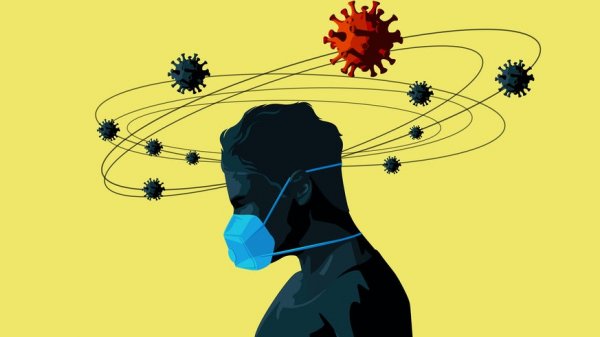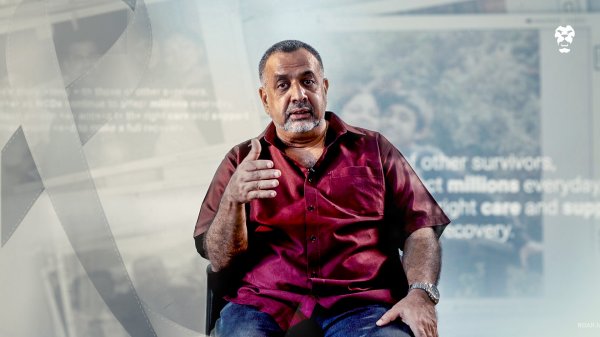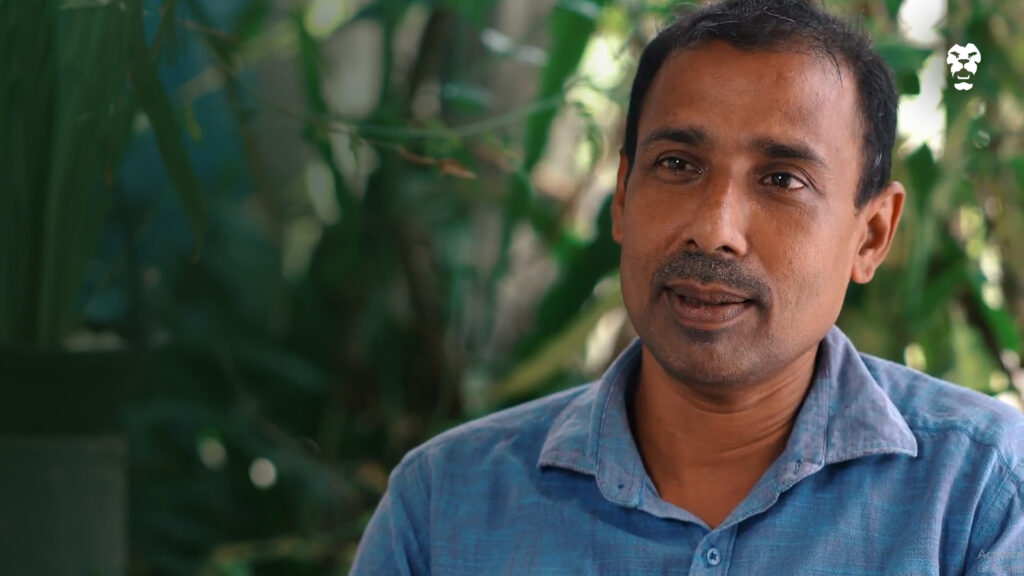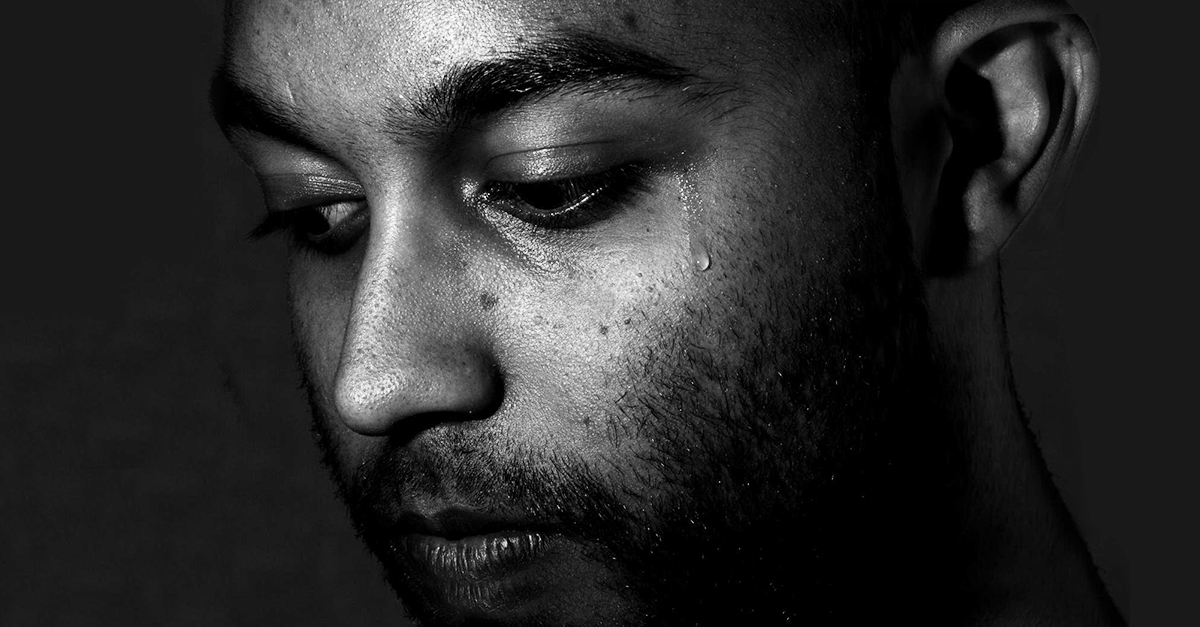
“Even in the ICU, when I said I was in pain, all the doctors said was ‘marenna ne haduwe, oka poddak daragena inna’ (‘You wanted to die, didn’t you? You can bear a little pain’),” Farizul Faraj (30) said, recounting his experience at a hospital after an attempt to take his own life.
He told Roar about how incidents in his youth had led him to believe that suicide was the only option left to him. “Even in mainstream media, I was used to seeing shows and movies that show [this] as the ultimate act,” he said. “If a relationship ends — you go and die. If someone tells you something — you go and die. This [mentality] is in your head because there’s no proper information given about mental health, or that there is help we can reach out to.”
Mental illnesses are every bit as real and as serious as physical illnesses can be. But just like with physical illnesses, mental illnesses can also be cared for and mitigated, provided that proper methods of treatment are followed. However, the stigma attached to mental health is almost always much, much more. This is arguably more true when it comes to men and boys.
Real Risks Involved
Gender stereotypes and toxic norms that surround the notion of masculinity make it challenging for those who identify as male to access psychosocial care or even recognise their need for it. Studies have found that this increases the risk of mental illness, self-harm, and suicide, not to mention alcohol and substance abuse as well as violence. Ranil Thilakaratne, manager of the CCC Foundation’s crisis hotline 1333, told Roar that while the majority of their callers are females, suicide rates in Sri Lanka suggest that a large number of males were struggling with mental health issues.
With Faraj, gender stereotypes and toxic masculinity affected not only his mental well-being, but culminated in a decline in physical health as well. Diagnosed with Functional Neurological Disorder (FND) which manifested in a semi-paralysed state preventing him from controlling certain limbs because of stress and bottled-up emotions (for others, it can even cause blindness), Faraj knows all too well the harm not seeking professional help to process emotions can cause.
Many Sri Lankan men are already at risk of trauma-related disorders such as Post Traumatic Stress Disorder (PTSD), stemming from the decades-long civil war. A study concluded by the World Health Organization (WHO) in 2003, in the north and north-east even noted that schizophrenia was a significant mental health problem among men.
Toxic Masculinity: Culture And Conditioning
Most of us would think the stigma surrounding male mental health stems from cultural beliefs or practices. Thilakaratne explained that, based on what he had learnt from the island-wide bikeathons 1333 has conducted, “Men are not supposed to have feelings, men are not supposed to cry, men are not supposed to have even a concept of mental health.”
He added that, “If men show emotion, men are women,” is the general consensus in most of the communities they interacted with. Surprisingly, this notion doesn’t seem to be restricted to rural communities. “Even Colombo has suicides, there are different circumstances but, at the root, the same causes,” he said.
But that’s not the whole story. Nivendra Uduman, a counseling psychologist, explained, “The stigma around male mental health isn’t just cultural, but it is also to do with years of conditioning, and adhering to gender norms that can potentially be harmful”. He emphasised that the effects of toxic masculinity, harmful gender stereotypes, and unhealed generational trauma transfers through DNA to affect us from the day we’re conceived.
“Suicides and attempted suicides are prone to being judged,” Thilakaratne said, “with suicide cases often being responded to with speculation such as, ‘Maybe he had an affair’ or ‘Maybe he had financial problems’. In contrast to women who take their own life, men who do so, or attempt to do so, are seen as weak and unable to deal with challenges in life.”
Faraj recalled how, when he was in hospital after his attempt, the staff treated him with hostility and contempt, and then once he returned to work, he was labelled a coward and even given the nickname poison.
“I was called a loser, ‘marenna wath danne nathi ekek’ (‘Doesn’t even know how to die’).”
This sense of hopelessness, led him to his second attempt, he said. “Whereas previously I had issues with my family, this time it was with society because nobody tried to understand. That [attitude] is something that needs to change,” he said.
However, that does not mean that these attitudes and beliefs cannot be unlearned. With the right support, education, and role models, boys can unlearn certain harmful traits and adopt a healthy sense of masculinity.
Unlearning And Relearning
Unlearning these traits is not something that can be done overnight. In order to improve the state of male mental health, Sri Lankans need to change the way it addresses the subject. A multi-disciplinary approach in which many stakeholders, including health professionals, educational institutions, and legal professionals come together to look at systems that are male-friendly, non-pathologising and informed by evidence and best practices must be implemented.
However, having the infrastructure and resources in place will not amount to anything if people, especially those who identify as male, are reluctant to utilise them. “Right now, even accessibility to facilities doesn’t make a difference, because men won’t get help, won’t go for counselling, because they’re afraid of being seen as weak.” Thilakaratne explained.
Dr M. Ganeshan, a consultant psychiatrist at the National Institute of Mental Health, partly disagreed with this, stating that men aren’t always reluctant to seek help. “For small issues, we get more women seeking help, but when it comes to the more serious disorders, there are as many men seeking help as there are women,” he told Roar. Dr Ganeshan attributed the higher visibility of affected women to the intrinsic roles they played in their own households — it was more likely to identify when a woman was struggling with mental health issues as it affected the everyday household functions.
To that extent, men must also be free to talk about their feelings, experiences, urges, fantasies, and dreams, in a safe, non-judgmental environment. This could be a step we take towards normalising men speaking about their mental health. We also need to create spaces of this nature. How we do it, can be creative. Talking about it always helps reduce stigma. “If we were able to normalise [talking about] cancer, which was taboo a few decades ago, then we can normalise mental health,” Thilakaratne said with optimism.
There are a number of key steps that we need to implement to make this a more accepted topic. For starters, in a global context, there needs to be an intensive inquiry into evidence-based practices, to develop and enhance services and interventions that are sensitive to the needs of males. “In Sri Lanka, for example, male mental health is something that is not much spoken about,” Uduman explained. “However, it is promising to bear witness to the increasing number of young men and boys seeking psychosocial services daily in my line of work.”
He added that Sri Lankans must challenge existing gender norms and stereotypes, and raise empathetic boys with a healthy sense of self-esteem, self-respect, and masculinity. This, Uduman highlighted, must start in pre-school. Schools can introduce educational material that touches on gender, mental health, and such relevant subjects. “I think everyone needs to be able to be comfortable living in their own skin,” he said.
Lessons To Be Learned From The World
While Sri Lanka still struggles with the acceptance of male mental health, and mental health in general, other countries have made progress, which we can perhaps learn from. India recently decriminalised suicide in its most recent update of the national mental health policy, lessening the stigma and shame faced by suicide survivors in the country.
Australia has conducted studies on mental health, and particularly male mental health, and has made the alarming discovery that simply being of the male gender is a risk factor for suicide. In response, they have set a number of measures in place, including but not limited to the National Mental Health Policy, Fourth National Mental Health Plan, National Depression Initiative, and The Older Men’s Network (TOMNET).
In 2018, the WHO developed a detailed strategy on the health and well-being of men in the European WHO region, focusing on policy recommendations, work ethics, professional help from not only a man’s perspective but taking into account boys and young men as well. In the UK, the Work Foundation of Lancaster University also produced a report in 2018 with detailed recommendations to the government, health and work sectors regarding male mental health.
Such efforts to increase access and support, spread awareness, and make mental healthcare conversations happen regardless of gender, are all initiatives that Sri Lanka can definitely learn from.
Change Starts With You
Ultimately, the first step towards change is always you. It’s always personal. By looking after your mental health, speaking about your experiences, and becoming comfortable with yourself, you are paving the road to a future where male mental health will be less stigmatised.
Lastly — and perhaps most importantly — seek help. If you’re struggling, you don’t have to keep it to yourself. Reaching out to a mental health professional would be ideal, but if you have supportive friends and family systems, opening up to them, can work wonders. All this takes strength and courage to do so, and it is not a sign of weakness.
Men and boys must be encouraged to speak about their feelings with someone they trust and must be taught to look after themselves, find activities that bring them pleasure and a sense of achievement, like sports and creative arts. It is important that everyone knows that there is support available out there.
“I don’t want anyone to go through what I went through,” Faraj, who is now actively working towards bringing awareness to this topic, said. “Even if you’re a male, or identifying as a male, you have to take care of your mental health. Unfortunately we don’t have the level of support there is for females in this regard. But, remember, you’re not alone.”
If you feel you might be struggling with mental health issues or simply need someone to talk to, this is a list of numbers you can call:
1926 – National Mental Health Hotline
1333 – 24/7 toll-free crisis response hotline
0717639898 – Shanthi Maargam (8:00 a.m. -10:00 p.m.)

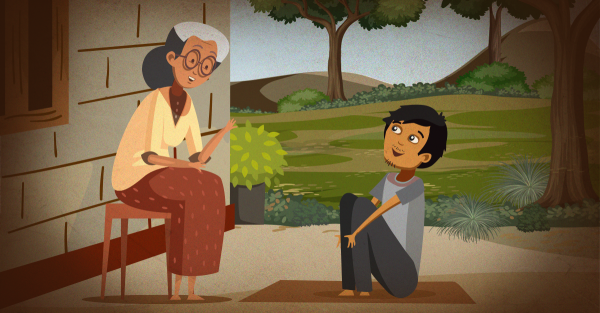
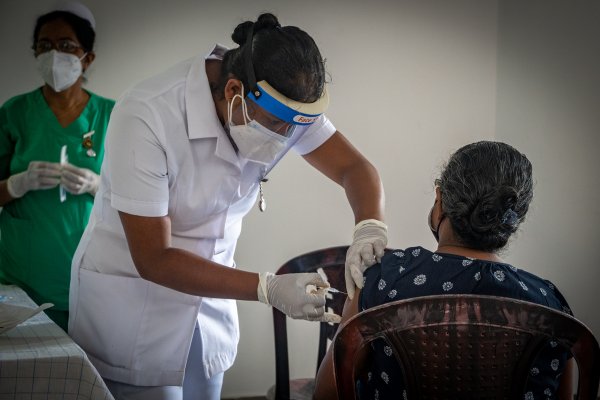
.jpg?w=600)
.jpg?w=600)
